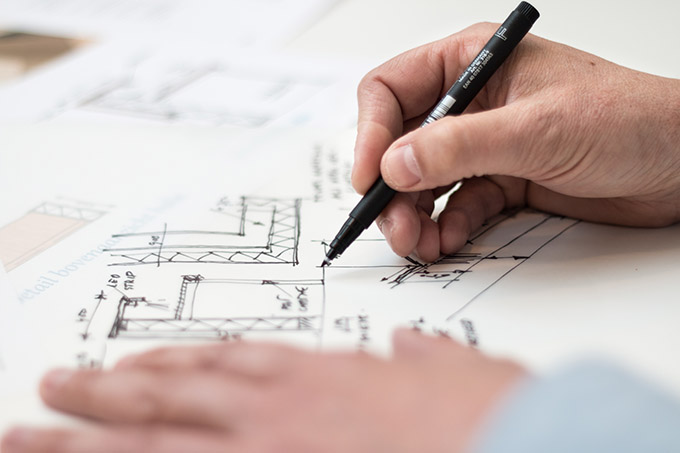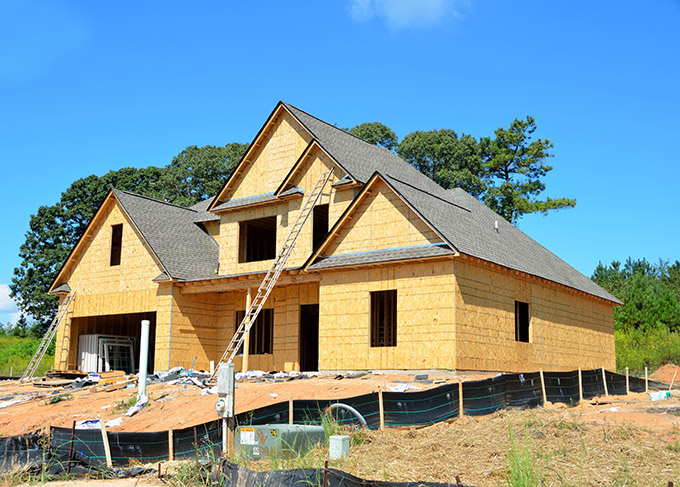
Extending a home is becoming a popular alternative to moving home, but it often requires more planning and expense than people realise. Having detailed plans and quality contractors on board from the beginning, however, will help you to save a lot of stress, time and money.
The first step is often to find an architect who translates your vision and draw up plans which a builder will be able to follow during construction. These plans should be as detailed as possible to prevent delays and expense down the road. If you’re considering building an extension on your home, make sure you read these 5 essential tips before you begin.
-
Hire a quality building firm
It’s essential that you hire a builder or building firm with experience, high recommendations and the necessary professional accreditations. While one may offer the job at a cheaper price, you may end up paying more in the long run if the work completed is poor.
They should be using the most effective and safe equipment which will get the work done as efficiently as possible. For example, a building firm should be conscious about disturbing utility lines which could be a safety risk as well as an inconvenience for you and your neighbours. The best builders are using vacuum excavation to ensure utilities are not disturbed during the process.
-
Get prices for all the small tasks – not just headline costs
Make sure you are specific about all the work you want completing from the outset so that your builder can give you an accurate price that will not change. Communication should be clear and frequent throughout the build so you understand as and when extra costs may crop up to prevent a bigger invoice than you were expecting at the end.
Fixed quotes are obviously best as you are less likely to be hit with extra costs at a later date. While sometimes unexpected complications can crop up, professional builders should be able to identify potential complications from the outset in most cases and allow for them in the quote.

-
Consider where you will store materials
There will be plenty of materials involved in the extension which you will need to keep somewhere secure and dry. Make sure you have a plan for where materials will be stored and that it will not prevent vehicles from accessing the site.
-
Have a back-up plan
When adding an extension to a home, it’s not uncommon for work to be needed to the existing home at the same time. You may not be aware of this when budgeting initially, so it’s best to budget for more work than to run out of money at a later date. If you have other home improvements planned for the near future you may be able to minimise cost and inconvenience by having them completed at the same time.
-
Stay on top of planning permission
You will need planning consent for your extension before building work begins, but often this is not the end of the planning process. Sometimes consent is only given on a conditional basis and you will need to ensure that you have met these conditions and can evidence them at any time.



